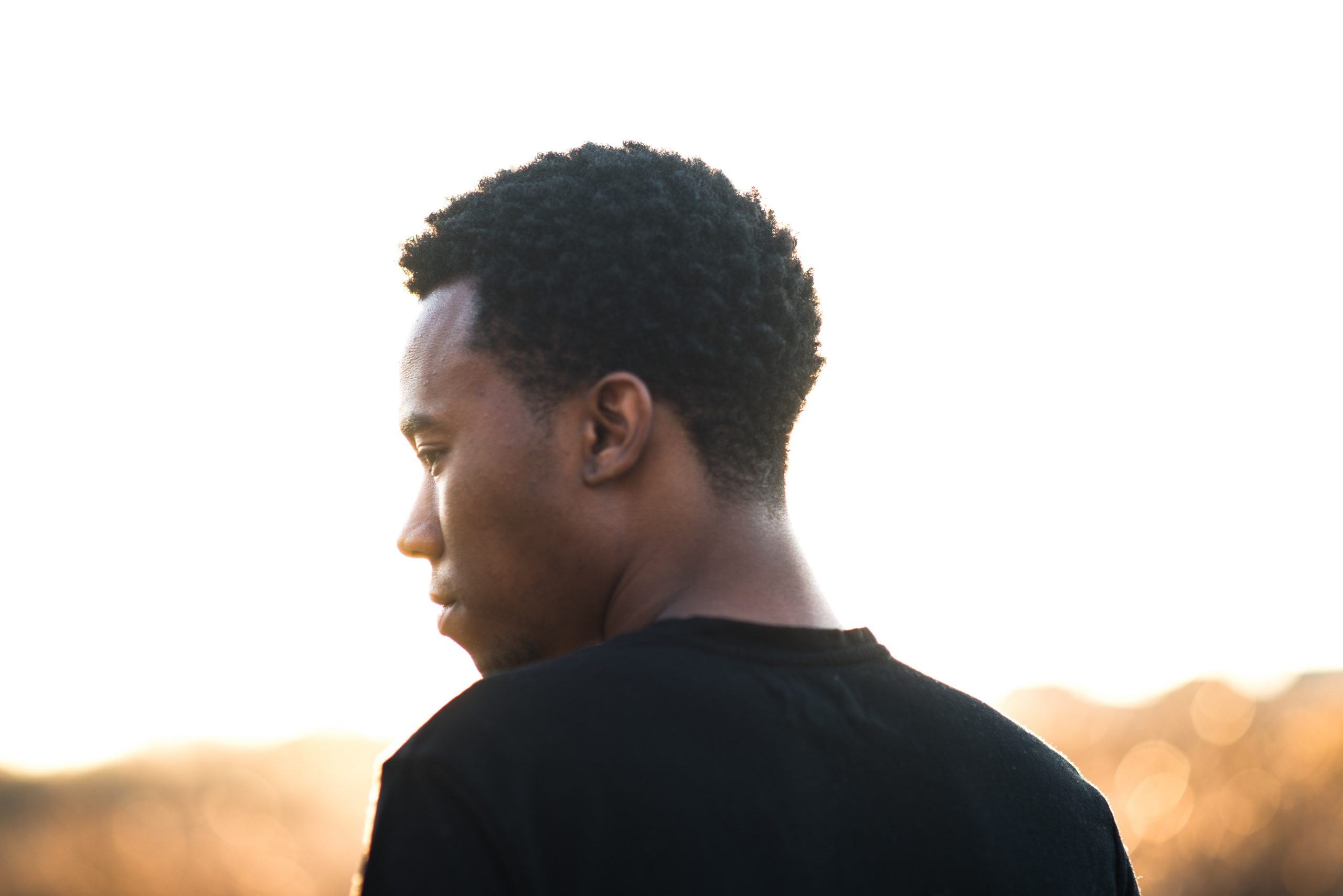When people think about domestic violence, certain ideas and images come to mind. The prevailing stereotypical image of a domestic violence (DV) survivor is a woman covered in bruises. Of course DV not only refers to physical abuse, but emotional and economic abuse and other tactics of power and control as well. This stereotype also excludes the fact that a survivor of DV may not always be a woman.
According to the CDC, one in seven men in the U.S. has been the victim of severe physical violence by an intimate partner in his lifetime and one in 10 men has experienced rape, physical violence, and/or stalking by an intimate partner. And according to the National Resource Center on Domestic Violence that means over 13 million men in the U.S. have experienced intimate partner violence in their lifetimes that has resulted in a negative impact. While it remains that the majority of DV survivors are women, we can’t ignore that this happens to men too.
Power and control is still the primary issue in a DV relationship, no matter what the genders of the people involved are. However, there are some special considerations to be made when a man is the survivor. As mentioned previously, the stereotype is that only women can be victims of DV. This makes it difficult for men to reach out for help, to be believed, or even realize they are in a DV situation at all. The socialization of the male gender in our society tells men that they need to be tough, to hide their emotions, to “wear the pants” in a relationship. This too makes it difficult for men to reach out for help and induces a lot of shame. Even if a man does decide to reach out for help, they may feel that DV agencies only serve women based on agency names, images, and even things like the magazines available in the waiting room and they may feel discouraged by this. Or, there may truly not be as many resources available to men in these situations. There are myriad other issues someone may face by being a male survivor in a DV relationship.
No one, no matter their gender identity, deserves abuse. Everyone deserves safe and healthy relationships based on equality. If you or someone you know needs help or just someone to talk to about domestic violence, please call the 24 hour Greater Richmond Regional Hotline at 804-612-6126.

